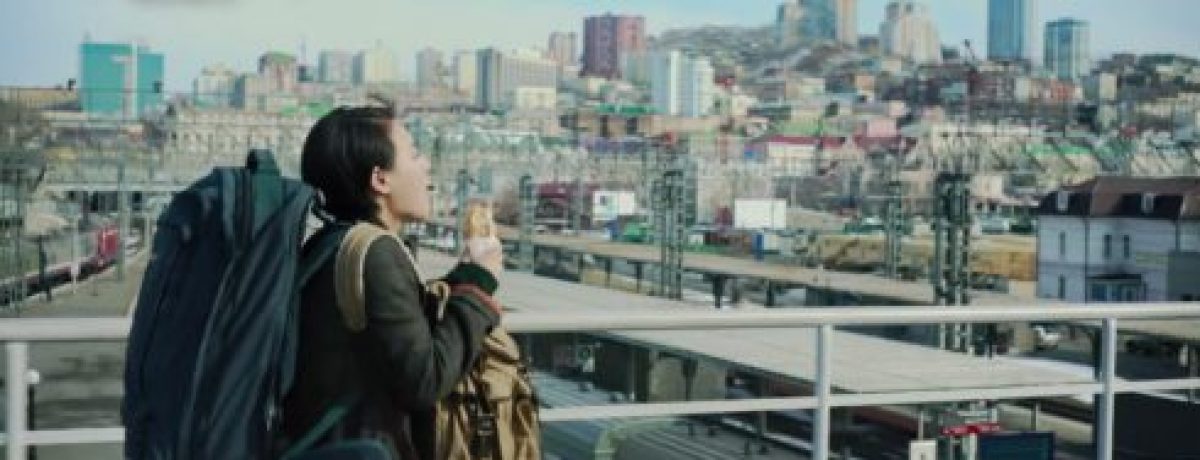We don’t need an intermedidry becauce we’re always prepared to open dialogue at any time.
When I think somebody has been hypocritical or unjust, I have to confess that I still very angry. I don’t mind ignorance; I don’t mind sincere mistakes; but what makes me really angry is hypocrisy. So, I have to develop awareness. When I get really angry, I have to aware that I’m angry ──I watch myself being angry. And I say to myself, well, I’m angry, I’m angry, I’ve got to control this anger. And that brings it under control to a certain extent.
But I do believe that truth and reconciliation go together. Once the truth has been admitted, forgiveness is far more possible. Denying the truth will not bring about forgiveness,neither will it dissipate the anger in those who have suffered.
I think in every country which has undergone the kind of traumatic experience that we have had in Burma, there will be a need for truth and reconciliation. I don’t think that people will really thirst for vengeance once they have been given access to the truth. But the fact that they are dneied access to the truth simply stokes the anger and hatred in them. That their suffering have not been acknowledged make people angry. That is one of the great differences between SLORC and ourselves.
Buddhists in general would have understood that isolation is not something to be frightened of. People ask me why I was not frightened of them. Was it becauce I was not aware that they could do whatever they wanted to me? I was fully aware of that. I think it was becauce I did not hate them and you cannot really be frightened of people you do not hate. Hate and fear go hand-in-hand.


